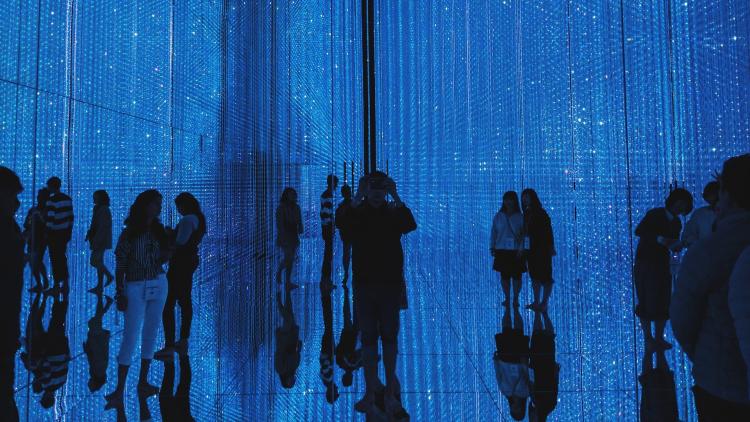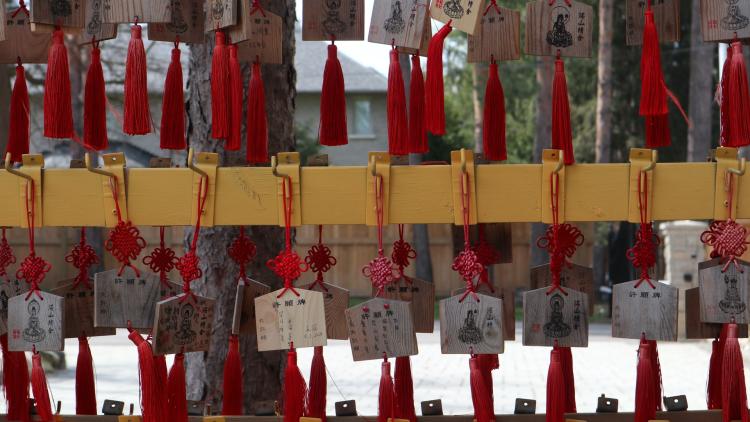Museums and Museology

Key information
- Start date
- End date
- Year of study
- Year 2, Year 3 or Year 4
- Duration
- Term 1
- Module code
- 154900178
- FHEQ Level
- 5
- Credits
- 15
- Department
- School of Arts & Department of History of Art and Archaeology
Module overview
The module is designed to equip students with a broad range of theoretical and practical approaches to the study of museums.
It examines the strategies and practices by which museums interpret, organise and display objects – especially non-Western objects – within diverse cultural contexts. It analyses the meanings produced via architecture, space, and display, and explores key issues in relation to museums and sacred art, gender, emerging forms of digital curating and museology, colonialism, and decolonisation.
Objectives and learning outcomes
On successful completion of this module students will have
- Used a range of investigative tools and approaches with which to analyse theory and practice in museums.
- Gained theoretical and practical knowledge of the interpretation of a range of museum objects.
- Applied key concepts in museological theory to the critical analysis of displays.
- Examined some of the key issues and debates in museology.
Method of assessment
- 750-word review (worth 20% of marks)
- 1,500-word essay (worth 30%)
- Exam (worth 50% )
Suggested reading
- Bennett, Tony (1995). The birth of the museum: history, theory, politics. London: Routledge.
- Bouquet, Mary (ed.) (2001). Academic Anthropology and the Museum: Back to the Future. Berghahn Books: Oxford and New York.
- Duncan, Carol (1995). Civilizing rituals: inside public art museums. London: Routledge.
- Greenberg, Ferguson and Nairne, Sandy (eds.) (1996). Thinking about exhibitions . London: Routledge.
- Marstine, Janet (Ed.). (2010). New museum theory and practice. Malden, MA: Blackwell.
Disclaimer
Important notice regarding changes to programmes and modules.
Key staff
Pratapaditya Pal Senior Lecturer in Curating and Museology of Asian Art



